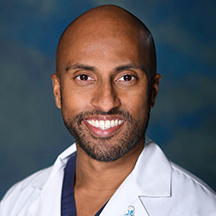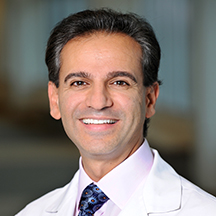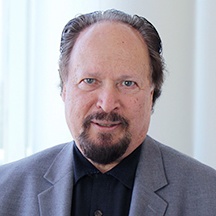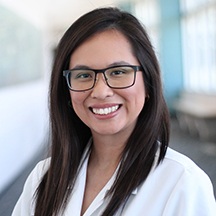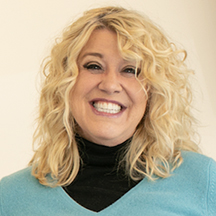
A Center of Excellence Approach to Diagnosing Pituitary Disease
by Amelia Garrison
Pituitary disorders experts discussed advances in pituitary surgery, diagnosis, and follow-up care at a roundtable discussion for patient support and physician education. PNI’s Pituitary Patient Support Group celebrates 22 years and is the longest-running such group in the country.
Diagnosing a pituitary disease is complex, explained Daniel F. Kelly, MD, President and CEO of Pacific Neuroscience Institute (PNI), in a recent roundtable discussion led by patient advocate Sharmyn McGraw. Due to a number of factors, including a lack of awareness of the signs and symptoms of pituitary disorders in both patients and primary care physicians, it can take up to a decade for a patient to be diagnosed.
Round table participants included experts from Pacific Neuroscience Institute, Ohio State University Wexner Medical Center, Linda Rio, MFT, and patient advocate group representatives from Pituitary World News and Pituitary Network Association.
A Center of Excellence approach

At PNI, experts employ a team approach to the diagnosis of pituitary disease. Chester Griffiths, MD, Director of the PNI’s Pacific Eye, Ear, & Skull Base Center, explained.
“It is important to have different people looking at the same problem. They look at it differently to bring different nuanced approach to the treatment that is really beneficial. That is one of the secret sauces of the Centers of Excellence. Having two, three, and four sets of eyes, all looking at the same problem, leads to innovation and leads to creativity in designing new protocols and new thoughts,” said Dr. Griffiths.
A Center of Excellence approach facilitates accurate diagnosis of pituitary disease, explained Pejman Cohan, MD, an endocrinologist at PNI’s Pituitary Disorders Center. “We see people at all different stages of their journey, but the importance, of course, is to get the right diagnosis. A multidisciplinary team is the best way to allow that to happen. I think having a Center of Excellence where you have all the experts, can help you make the right diagnosis, which is the most important first step,” said Dr. Cohan.
This team approach to pituitary disease diagnosis also leads to quicker treatment and follow-up care. In one visit, a patient can be evaluated for a pituitary disorder by specialists in endocrinology, neurosurgery, neuro-ophthalmology, and ENT (ear, nose, and throat). “We’re doing everything possible to make the diagnosis, treatment, and follow-up more straightforward,” said Daniel Prevedello, MD, Director of the Minimally Invasive Cranial Surgery Program at Ohio State University’s Wexner Medical Center.
Follow-up care

A critical component of PNI’s patient-centered approach to care for pituitary disorders is providing psychosocial support. After a patient undergoes surgery or treatment for a pituitary tumor, for instance, they may still exhibit symptoms. This is a normal aspect of recovery that PNI experts are addressing with an innovative support team, explained Dr. Cohan.
“Hormonal normalization on paper does not always lead to restoration of feeling normal for the patient. Patients need to hear that it’s normal for them to feel abnormal. We need to improve the ways to treat these patients, but at least having the support from a psychosocial support team is really important,” Dr. Cohan said.
PNI’s psychosocial support team is instrumental in communicating with patients and their families to provide the support they need. Experts include Shanti Gowrinathan, MD, Director of Psycho-oncology at PNI’s Pacific Brain Health Center, and nurse practitioners Amy Eisenberg, MSN, ARNP, CNRN and Natasha Cueto, MSN, APN, AGACNP-BC.
Advances in endocrinology & surgery
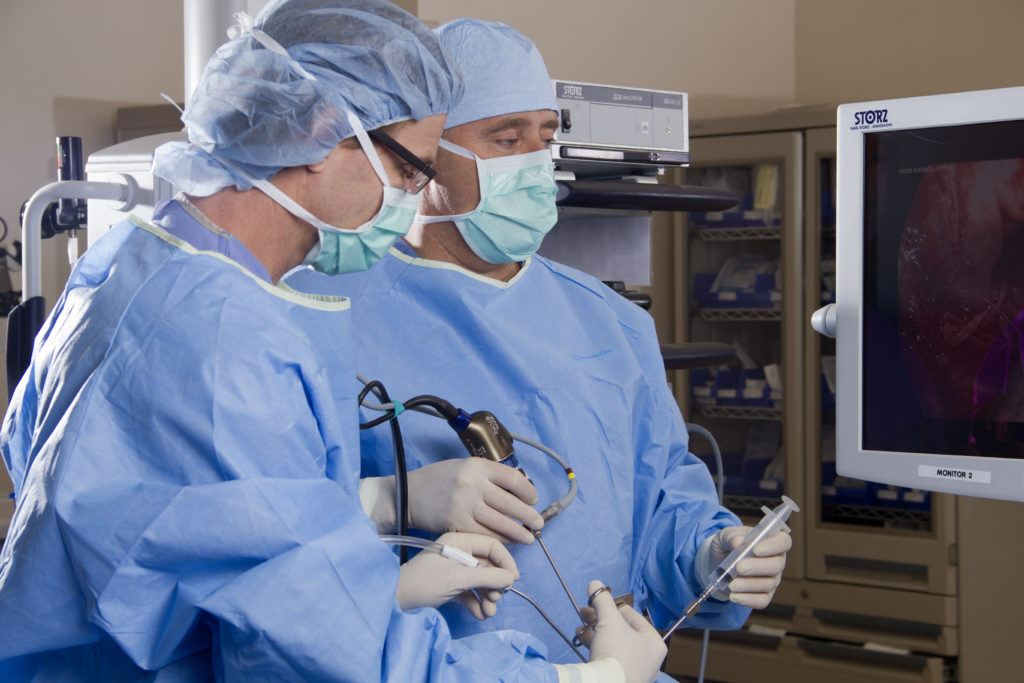
Over the past twenty years, innovations in endocrinology have greatly advanced. From Cushing’s disease to acromegaly, more treatment options are available than ever before. Luma Ghalib, MD, Endocrinologist and Clinical Associate Professor of Internal Medicine at Ohio State University’s Wexner Medical Center explained.
“We are having quite a few new things approved. We have multiple choices now. For Cushing’s, we had zero medication that was truly FDA approved. Now we have multiple treatments that hit the receptors from different angles. We can use medication and tailor its administration depending on the patient’s profile,” Dr. Ghalib said.
Future technologies may also assist in surgery, explained Garni Barkhoudarian, MD, Neurosurgeon and Co-Director of PNI’s Pituitary Disorders Center. “There are a couple of interesting technologies coming down the pike, including fluorescence utilization for tumor identification or flap viability assessment. In the next five years or so, we’ll start to see it have some true applications that can be very helpful for our operations.”
Alternatively, Dr. Prevedello explained that the future of endocrinology is eliminating the need for surgery altogether. “I think the future might be more in the molecular level, where you can treat these patients without surgery.”

and Santosh Kesari, MD, PhD.
Until then, the management of pituitary diseases requires an innovative and collaborative approach. At PNI, pituitary experts are at the forefront of research in the advancement of treatment and follow-up care for pituitary diseases. Named among the nation’s top 50 neurology and neurosurgery centers, PNI continues to pave the way in state-of-the-art care.
Santa Monica: 310-582-7450 | PacificPituitary.org
Our Pituitary Experts
Related Links:
About the Author

Amelia Garrison
Amelia Garrison is the Marketing Specialist at Pacific Neuroscience Institute (PNI). Well versed in community outreach strategy and implementation, she leads the PNI blog, newsletter, and digital communications. Amelia oversees PNI's reputation management and community sponsorships.
Last updated: November 6th, 2024



